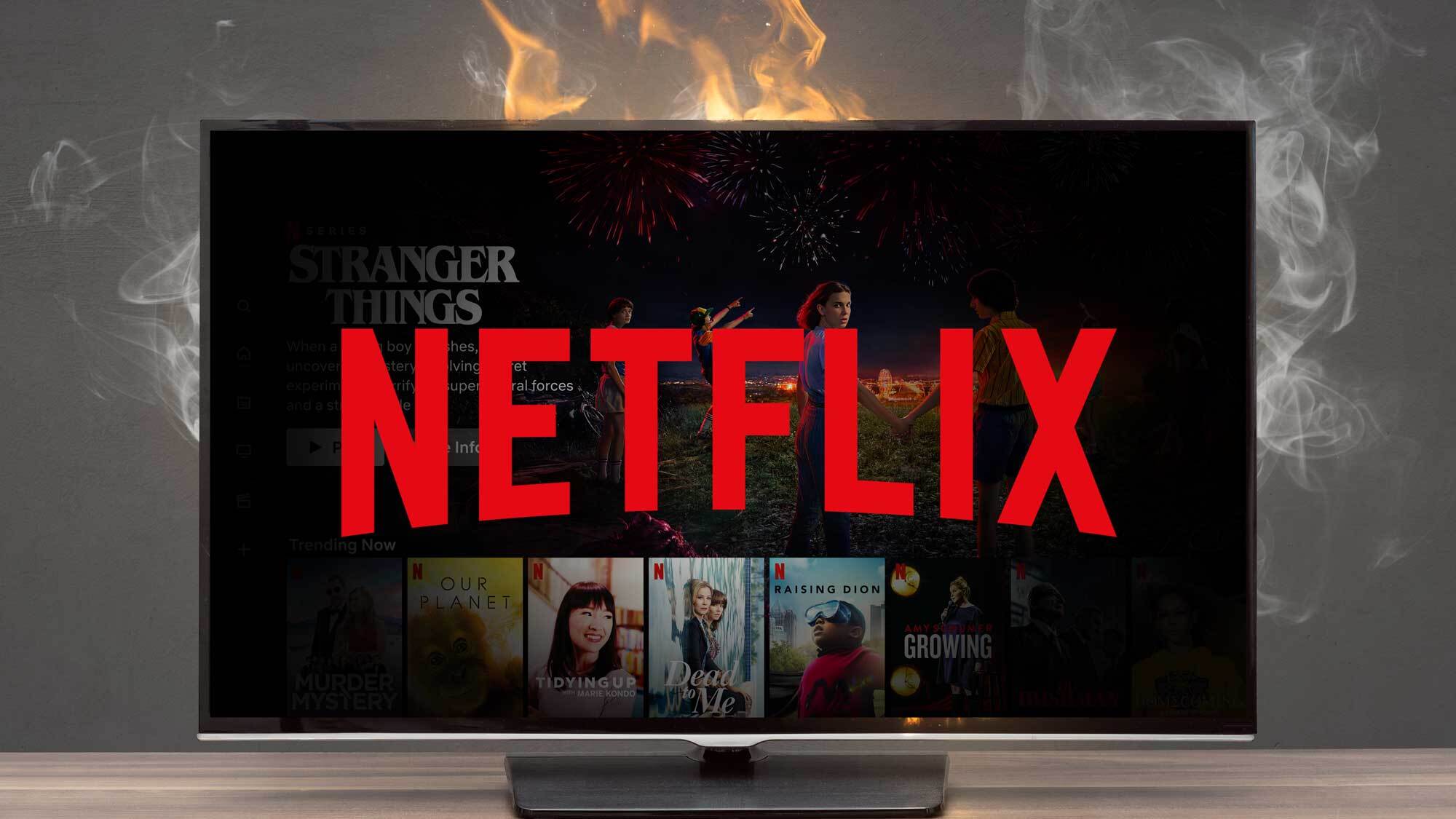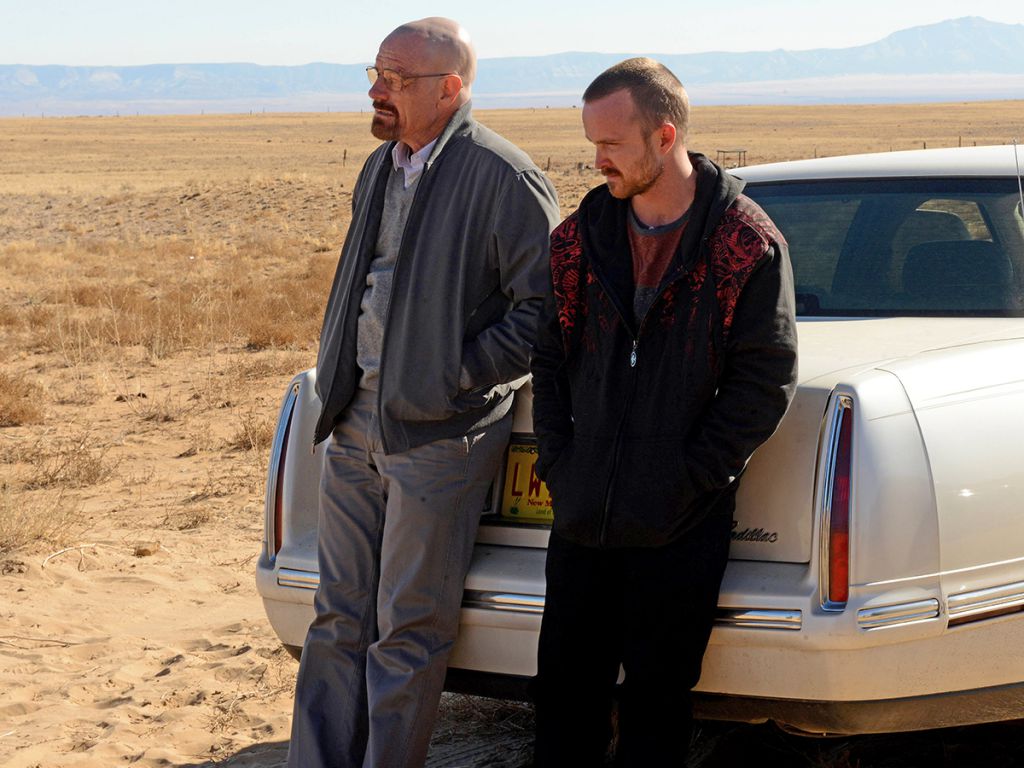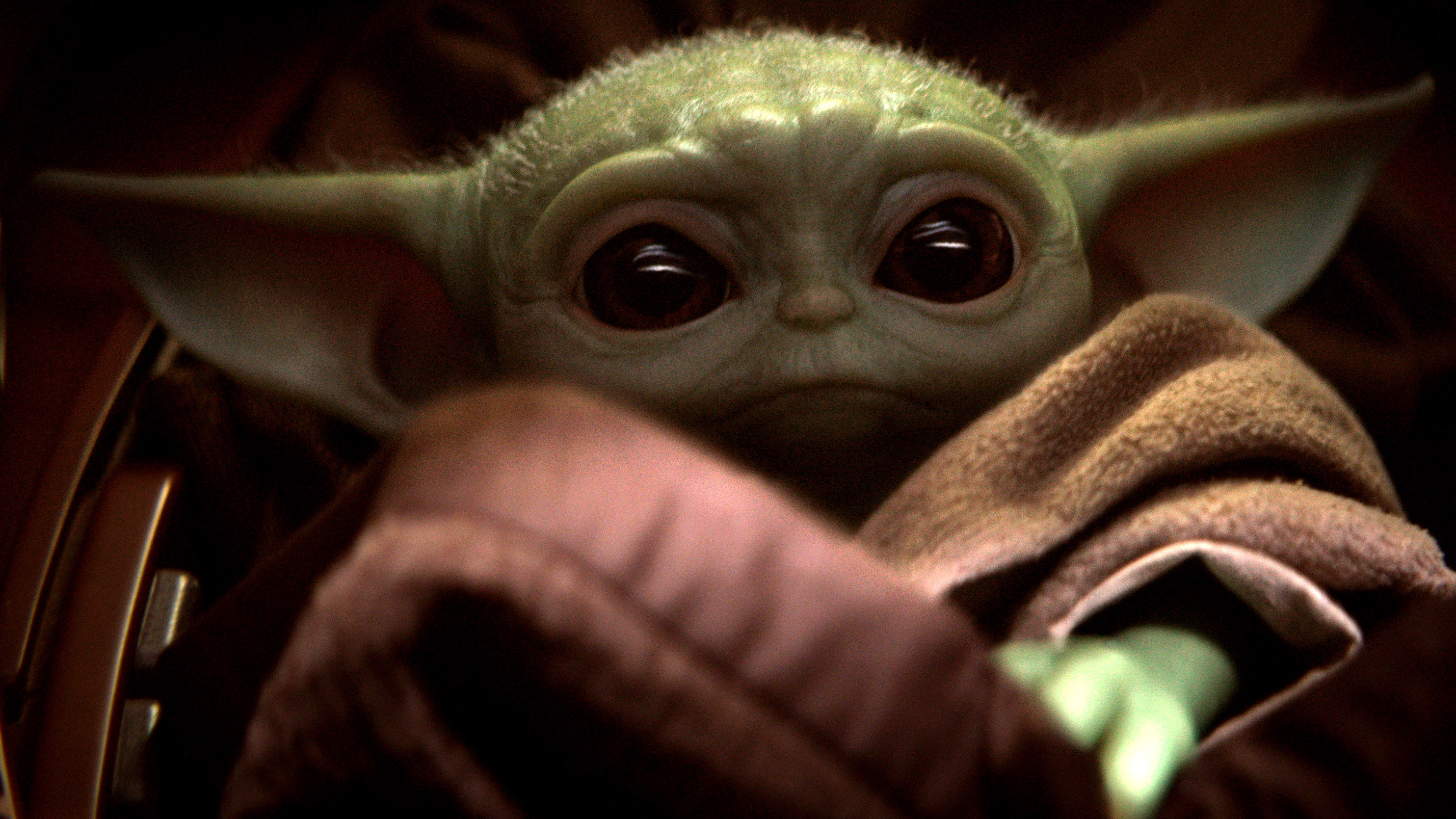Netflix is hemorrhaging subscribers — here's how I'd fix it
Netflix could undo its biggest revolution to keep you paying

Netflix, one of the best streaming services — and most popular, to boot — is really having a tough go of things. Netflix's subscriber woes are well-documented, but to catch you up quickly, the big red streaming machine posted an earnings report that showed its first financial quarter where it lost subscribers overall in more than a decade.
I've got a solution for this — though it's not one of Netflix's rumored solutions (ad-supported Netflix and account-sharing crackdowns) which have already gone public. Netflix has yet to enact either yet, with the former only an option and the latter in limited testing in three Latin America markets, but it's not hard to envision one (if not both) of those two scenarios happening this year.
HBO Max, Peacock, Paramount Plus and Hulu all have ad-supported tiers that cost less than their ad-free tiers, giving price-conscious customers a more-palatable option. Netflix is only toying with 'monetizing' account-sharers by offering the ability to add additional households (its terms of service specify you should only share accounts under the same roof), but this feels like the dawn of stricter rules.
Why? Netflix thinks that more than 31% of the households (100 million 'sharers' vs 220 million 'payers') watching Netflix aren't the ones paying for it. Sure, you might be 'sharing' the bill, too, but Netflix doesn't care how the monthly tab is split. It's trying to balance its own budget, which has possibly been why Netflix reportedly canceled a Will Smith movie that I'm happy to see go and why Netflix's Bone TV show got axed.
So, how would I fix it? Well, my idea is just as risky as crackdowns, and it could anger and upset fans. If I was in Reed Hastings' seat, I'd bring things back to the old way TV shows were released.
Netflix changed the game — but not permanently

According to the folks at the Macmillan Dictionary Blog, the term "binge watching" came into the popular vernacular in 2012 — and Netflix played a big part in this. 2012 is right around the time that Netflix became synonymous with streaming, five years after it launched a online component to its already popular DVD rental service.
By this point, Netflix had acquired the rights to Sony and AMC's Breaking Bad, and executives saw a positive corollary between seasonal releases on Netflix and debuts of subsequent seasons on AMC. People were apparently chugging seasons of Walter White and Jesse Pinkman's meth-making adventures to catch up, and so it was only natural that binge-watching became something of a trend.
Get instant access to breaking news, the hottest reviews, great deals and helpful tips.

The Mandalorian debuted with just one episode, and one with such a good ending — the reveal of Baby Yoda — that fans had to come back next week.
Then, in 2013, Netflix released its own original shows, starting with a supernatural series Hemlock Grove. It released these shows all at once, so we could binge-watch them, too. At the time, this was a giant middle finger to the status quo, as weekly episodic TV shows were still the norm.
As we got more and more streaming services, some followed Netflix's pattern. Enough, in fact, that it was almost retro-chic that Disney Plus broke from this pattern.
The most-hyped Disney Plus debut series, the Star Wars spinoff The Mandalorian, bucked Netflix's trend faster than a young Jedi can get knocked off a speeder-bike. The Mandalorian debuted with just one episode, and one with such a good ending — the reveal of Baby Yoda — that fans had to come back next week. And with that, the industry began to move back to the status quo.
Subsequent services, HBO Max, Paramount Plus and Apple TV Plus just to name a few, released shows one week at a time, often with multiple episodes at the start to help establish stories. And some of HBO Max's biggest shows — Euphoria, for example — are still released on a weekly basis.
In the years that passed? Netflix has been taking notice.
Netflix experimenting with release schedules isn't so crazy

While many likely associate Netflix with full-season drops, it doesn't just release whole seasons of all of its shows and series. The Circle, Too Hot to Handle and Love Is Blind — three of Netflix's buzziest reality TV dating shows — debut in batches.
2022 sees Netflix also applying this model to two of its biggest shows. Ozark season 4 has the most drastic gap, as its first seven episodes debuted on January 21 while the next seven will arrive on April 29. This must have been some sort of a success, as Netflix (in February) announced that Stranger Things season 4 is also split in two "volumes." Volume 1 premieres on May 27, and volume 2 arrives on July 1 — a much shorter wait.

All of this shows that Netflix is definitely interested in making you wait a little. Would Netflix take this to the logical extreme and drop Stranger Things season 5 on a weekly basis? Making such a move could stop people from canceling the second they finish one half of the season, and keep them holding on.
Or, it could have the opposite effect. Fans smart enough to know when a season finale is scheduled to air could try and hold out for the finale — though they'd possibly get things spoiled in one way or another. Especially if you're on Twitter.
Netflix has a reason to keep the binge going
Netflix is at an interesting moment. Not only are subscribers upset at its recent price hikes (which couldn't be more poorly timed, as inflation hits everyone's bottom lines), but word that Netflix could become more forceful to stop account sharing is spreading. And if it happens, we bet Netflix shareholders might be the only people happy about that news.
So, at a moment where Netflix's big moves to keep people subscribed include one that's possibly going to irritate (we doubt anyone will be irked by an ad-supported tier existing), would Netflix risk angering its audience further?
Only time will tell, but it seems like the maestros behind binge watching have something to gain by shaking things up. Especially when everyone else is doing it.

Henry was a managing editor at Tom’s Guide covering streaming media, laptops and all things Apple, reviewing devices and services for the past seven years. Prior to joining Tom's Guide, he reviewed software and hardware for TechRadar Pro, and interviewed artists for Patek Philippe International Magazine. He's also covered the wild world of professional wrestling for Cageside Seats, interviewing athletes and other industry veterans.
 Club Benefits
Club Benefits





